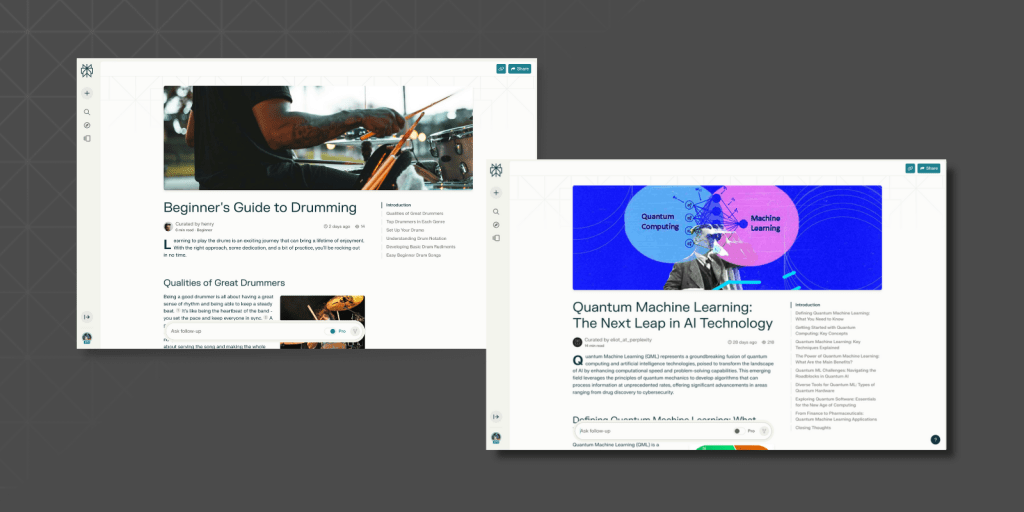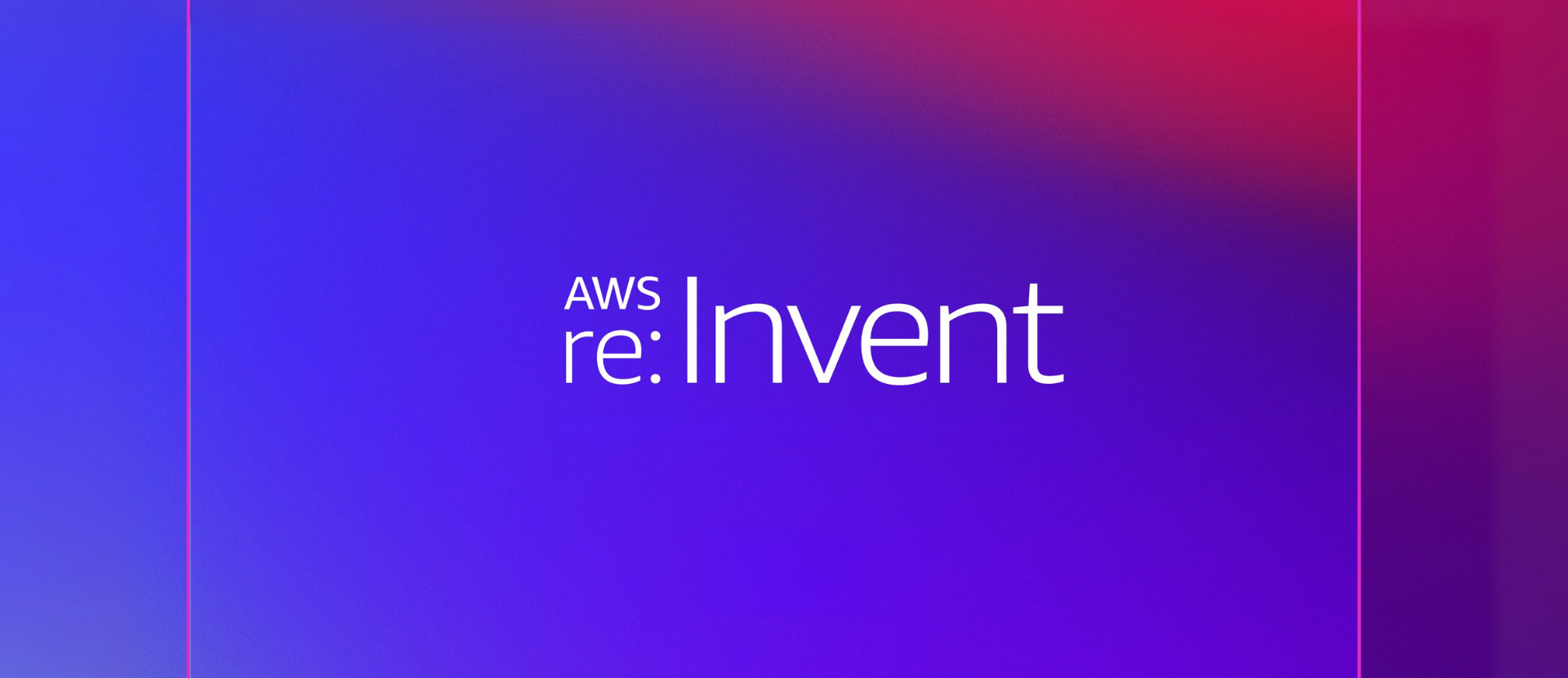This edition of “AI This Week” highlights new tools from ElevenLabs, Anthropic, and Perplexity AI, along with OpenAI’s educational initiative, each offering unique enhancements to their respective fields. Also, don’t miss our spotlight on Kombai, an AI model revolutionizing front-end development. Stay tuned as we explore these transformative technologies that promise to elevate AI’s capabilities further.
ElevenLabs Introduces AI Sound Effects Generator
ElevenLabs has launched a new AI tool that enables users to generate sound effects for podcasts, films, and games. The tool allows for creating sound effects up to 22 seconds long and is integrated with ElevenLabs’ voice and music platforms. It offers at least four downloadable audio clips per prompt.
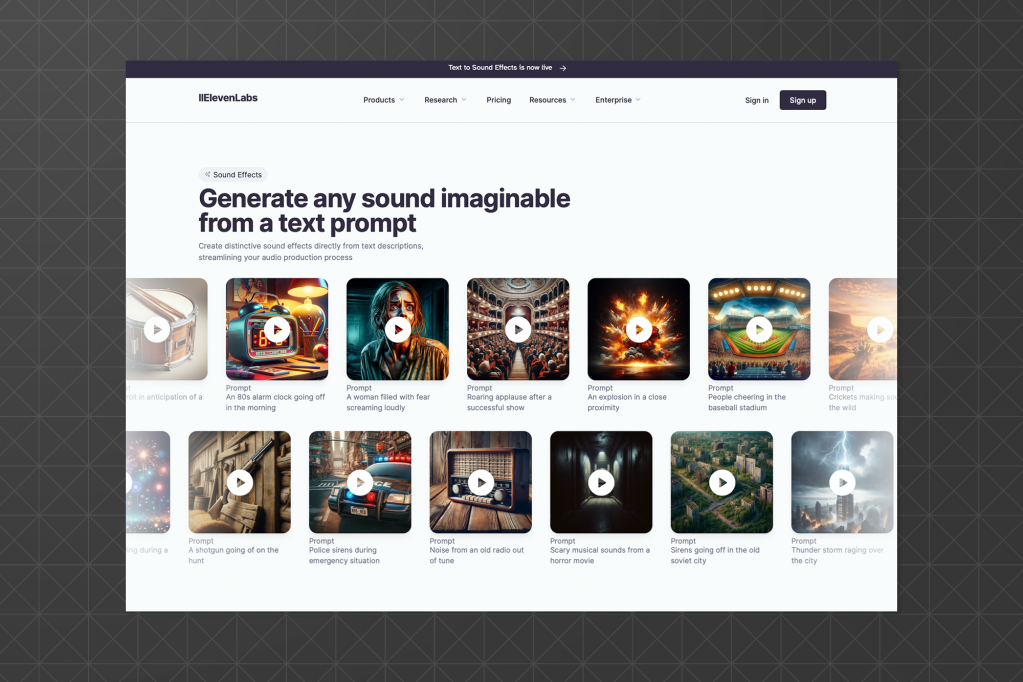
The company has collaborated with Shutterstock to train its model on a diverse library of audio clips, enhancing the quality and variety of effects available. The Sound Effects tool is free for basic use, with premium tiers for commercial applications. Free usage requires attribution to ‘elevenlabs.io.’ Users are allocated 10,000 characters per month for prompts, with specific character deductions based on the length of the sound effect.
This development is part of a broader movement in AI-driven audio generation, with competitors like Stability AI and Meta developing similar technologies.
Anthropic Enhances Claude with Customizable Bot Creation Tool
Anthropic is introducing a versatile new feature to its AI chatbot, Claude, enabling users to create tailored assistants for tasks like managing emails, making purchases, or even providing real-time customer support. This feature, dubbed “tool use” or “function calling,” connects to any external API, allowing for highly personalized applications.
The tool extends beyond simple tasks to include image analysis, such as a virtual interior design consultant that can process room images and offer decoration suggestions. It’s designed for users with coding knowledge and API access.
Anthropic’s Messages API, Amazon Bedrock, and Google Vertex AI will support this feature. Pricing is based on text volume, with cost-effective options during the beta phase. The new AI assistant was beta-tested with startups like Study Fetch, which developed an AI tutor using this technology.
Perplexity AI Debuts Shareable’ Perplexity Pages’
Perplexity AI has launched a new feature, Perplexity Pages, enabling users to convert search queries into detailed, formatted web pages suitable for reports, articles, or guides. Users input a prompt, and the AI crafts the page, which can be customized for different audience levels and enriched with media like images and videos. These pages are publishable, searchable on Google, and shareable, allowing interactions such as follow-up questions.
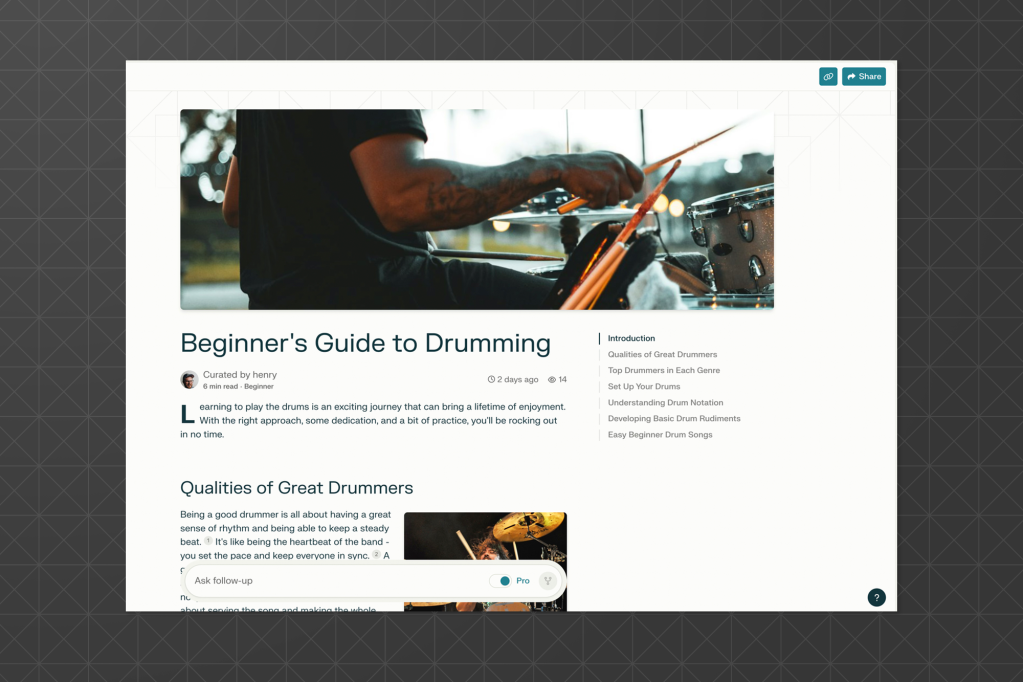
Henry Modisett, Perplexity’s head of design, emphasizes the feature’s mix of AI and user curation, highlighting the significant human input in organizing and presenting the content engagingly. Initially available to a limited number of users, the feature will eventually be accessible to all and viewable on both web and mobile platforms.
Introducing ChatGPT Edu for Universities
OpenAI has launched ChatGPT Edu, a specialized version of ChatGPT designed for university environments. This new offering is tailored to enhance campus learning and operational efficiency, supporting students, faculty, researchers, and staff with various AI-powered applications.
Key Features of ChatGPT Edu
- Integration with GPT-4o: Offers advanced text analysis, coding, and mathematics capabilities.
- Specialized Tools: These include data analytics, web browsing, and document summarization.
- Customization: Universities can create and share custom GPTs within their workspace, catering to specific academic or operational needs.
- Enhanced Accessibility: Provides significantly higher message limits and supports over 50 languages, improving interaction quality and speed.
- Security and Privacy: Ensures robust data protection and privacy with features like group permissions, SSO, and SCIM 1 without using conversation data for model training.
ChatGPT Edu aims to responsibly bring AI technology to educational institutions, providing a secure and affordable platform for universities to integrate AI into their academic and operational frameworks.
Spotlight in AI: Kombai
This week, we’re highlighting Kombai, an innovative AI model that revolutionizes how developers work with UI designs by automating the coding process. Kombai can understand and transform email and web designs into clean, high-quality HTML, CSS, or React code with just a click, streamlining front-end development.
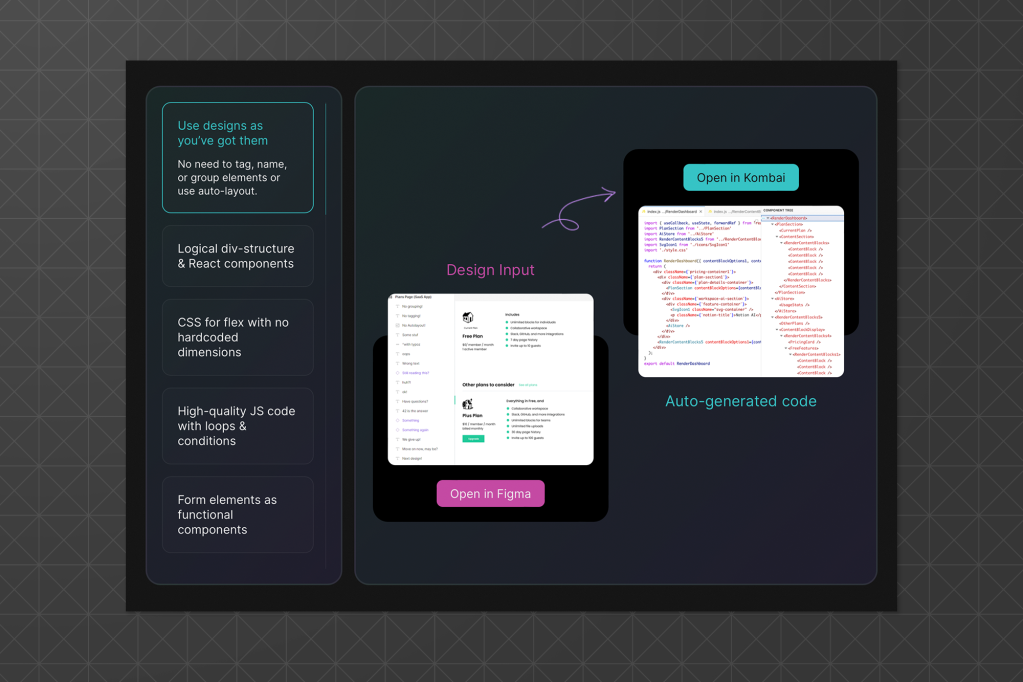
Key Features of Kombai
Automated Code Generation: Quickly turns design files into ready-to-use code.
Efficient and Simple: No pre-formatting of designs is required. Kombai intelligently structures components and layouts.
Advanced Coding Techniques: Produces logical div structures, flexible CSS, and JavaScript with functional logic.
Developers can try Kombai by accessing a 2-minute demo or exploring examples on the website.
Keep ahead of the curve – join our community today!
Follow us for the latest discoveries, innovations, and discussions that shape the world of artificial intelligence.
